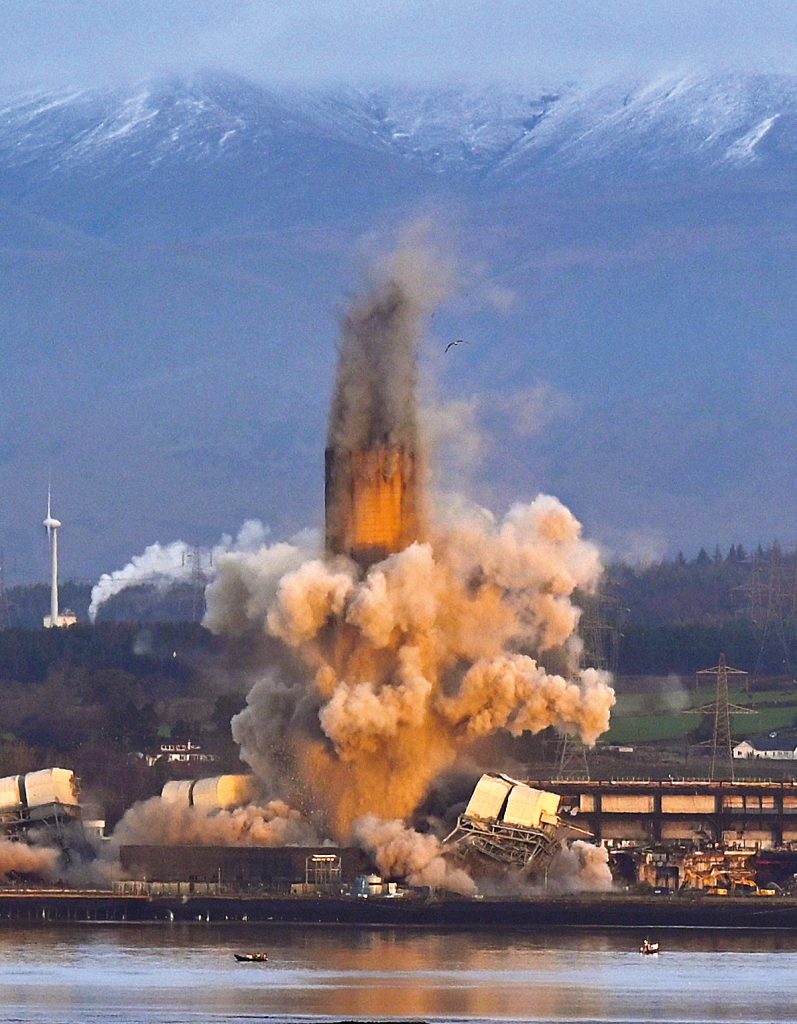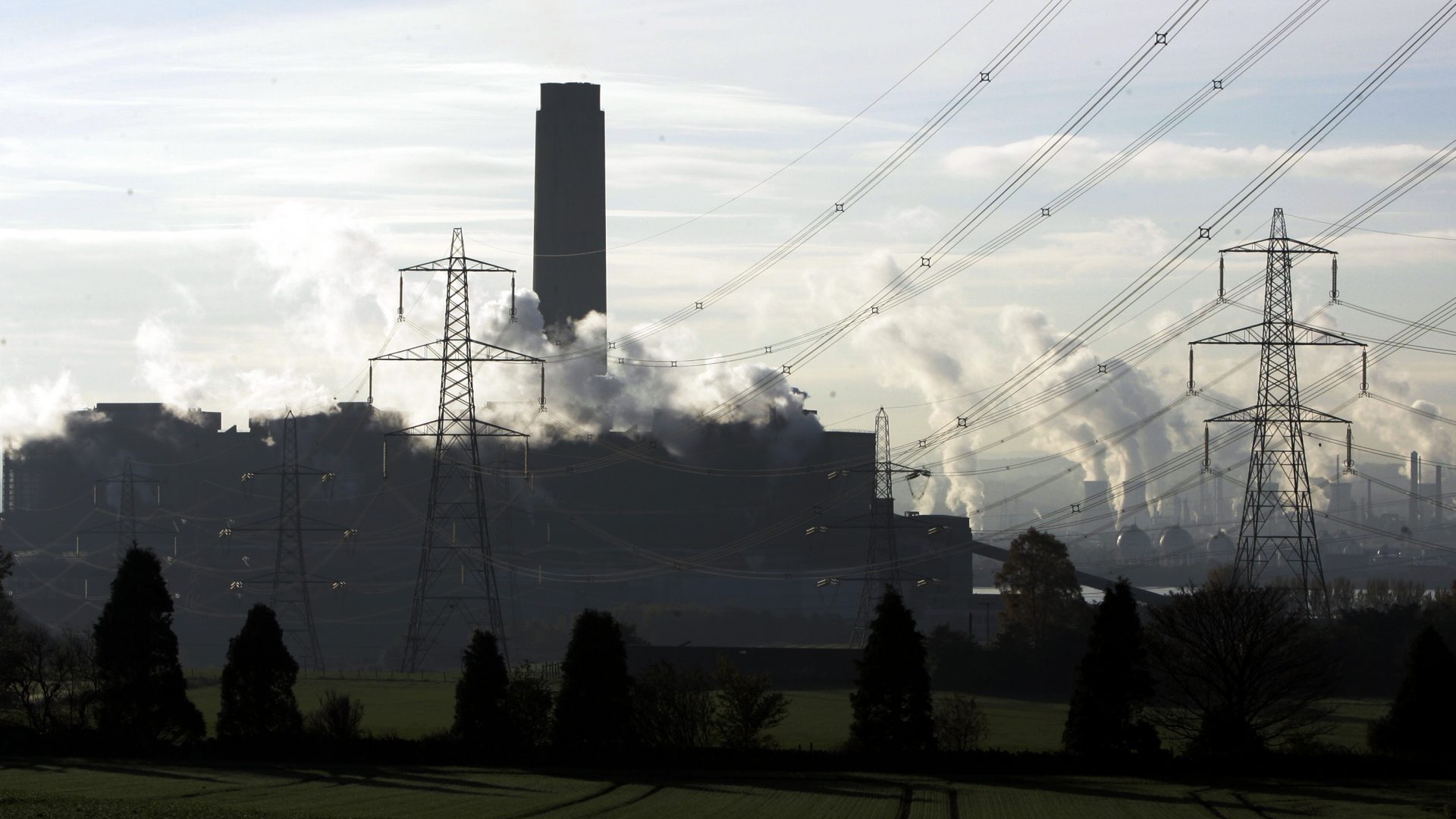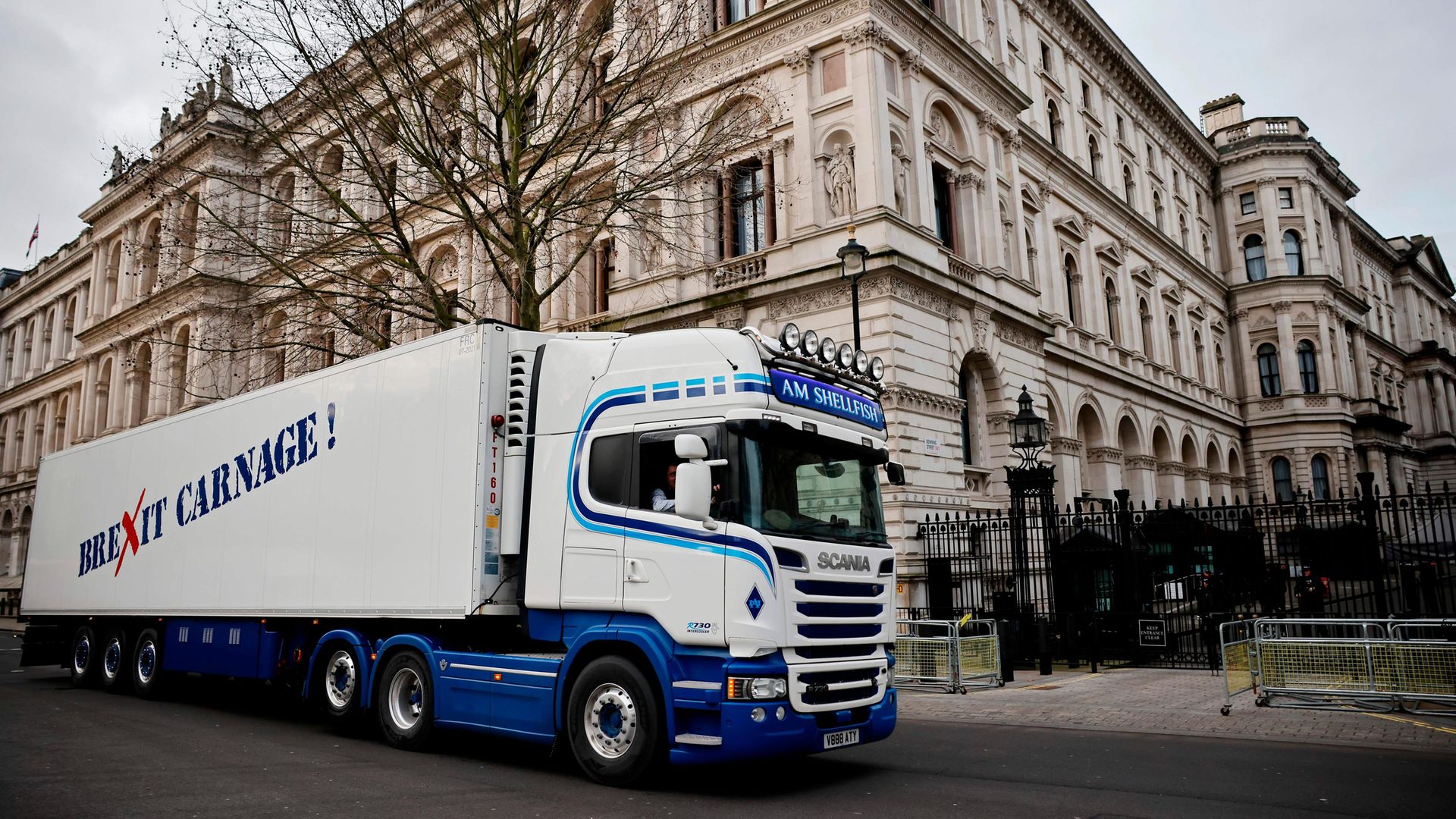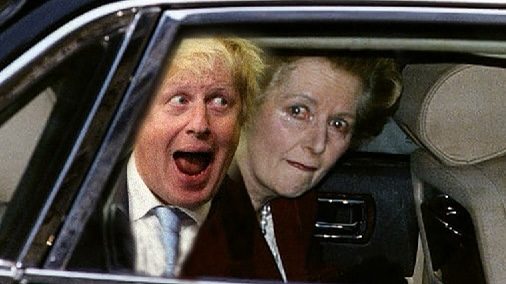“High energy prices are something we are just going to have to adjust to,” said the chancellor, Rishi Sunak, last week, adding, “it would be wrong to pretend otherwise”. That was on the day the government hiked the average family’s energy bill by £693. Coincidentally, it was also the day Shell announced it had quadrupled its annual profits to $20bn.
If you want to understand why its critics call free-market economics an ideology, contrast Sunak’s statement to that of Bank of England governor Andrew Bailey. Mr Bailey is also worried about the rising price of something – namely the work we do. Faced with inflation running at 7.1%, the governor called for workers to take a real-terms pay cut.
Asked if he was telling workers not to demand big wage rises, he replied “Broadly, yes… we do need to see a moderation of wage rises. That’s painful – I don’t want to in any sense sugar that message; it is painful.” When the price of monopolised goods like electricity and gas rises, free-market ideology insists there is nothing to be done.
When the price of a day’s work rises – simply because skilled and experienced workers are in short supply, and demand rising – that’s unacceptable to those with power.
The economics of energy and the cost of living have, in short, little to do with market forces and everything fundamentally to do with political choices.
It was a political choice to raise the energy price cap by more than 50% in a single go. It is a political choice to suppress real wages. For sure, the global price of gas is rising – due to high demand, supply manipulation and under-investment. But the energy price cap already detaches the price we pay to our supplier from the price the supplier pays on the global market.
Ultimately, the reason Sunak believes energy prices have to rise is because he – in the Treasury’s net-zero strategy – has ruled out borrowing to invest long-term in green energy. The costs of the green transition, Sunak believes, must be borne by this generation – in the form of higher prices – not the next generation, in the form of interest payments on debt.
That too is a political, not economic choice – and is unsustainable. The right wing of the Tory party is gearing up to make energy prices, and the cost of decarbonisation, the new Brexit. Faced with rising prices and falling real wages across the board, at some point people’s willingness to accept them will snap.
Unfortunately, Labour’s approach to the energy crisis is also unsustainable. Rachel Reeves, the shadow chancellor, proposed to raise £1.2bn through a windfall tax on the big oil and gas producers like Shell, to pay for a £200- a-year rebate and up to £400 more targeted help for those in energy poverty. But it’s a sticking plaster compared with the scale of the problem.
The fundamental fact is: the energy crisis is not about economics. It is about geopolitics, about the climate and about social justice. The so-called “energy trilemma” – where policymakers have to balance security of supply, climate impact and affordability – has turned into an insoluble riddle.

Britain’s energy supply has become insecure because our geopolitical rivals are using gas as a diplomatic tool. Vladimir Putin turns gas supplies on and off to heavy Eastern Europe into accepting the annexation of Crimea. The Chinese communist government has spent 20 years constructing a physical “belt and road” of energy and commodity supplies, to fuel the country’s economic development. Under-investment in gas storage, and breakdowns of ageing power plants across Europe, have done the rest.
The market cannot solve the problem of energy security. Nor can it drive the transition to non-carbon forms of energy in a rapid and orderly way. Nor can it ensure affordability to hard-pressed families.
The long-term solution is to remove as much of the energy economy as possible from outright market forces. This is not as utopian as you might think. The existing price cap is a mild form of price control. The collapse of the cut-price energy retailers is a symptom of market failure.
There is no escaping the radical conclusion: to set a price cap that families can afford, we’re going to have to take the energy producers into public ownership. Keir Starmer, when I was part of his leadership campaign, preferred the term “common ownership” – because there are a variety of forms a non-market energy system could take.
But frankly, if this crisis shows anything, it is that small-scale co-ops, local energy companies and the rest and even neighbourhood combined heat and power projects – while well-intentioned – do not solve the basic problem. The basic problem is that we need a secure, affordable and clean energy system and no configuration of market forces comes close to providing it.
So we need a big and drastic promise. Labour should commit to nationalising the big six energy companies, and taking a public stake in the super-profitable oil and gas producers. Given that it is forced to speak the language of priorities, that may mean that other parts of its programme have to become less radical.
But we are faced with a perfect storm. We need to speed up decarbonisation. Either the costs are borne in the present, by the poorest families, or they’re borne by the people lucky enough to be living in a zero-carbon world, after 2050. Either society controls the energy market, or the energy market controls society.




